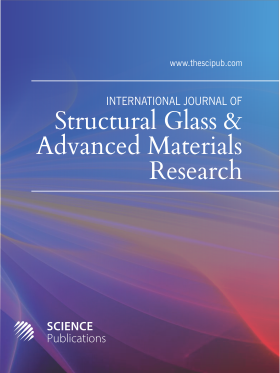Probabilistic Mechanics of Glass Suggests a Model for COVID-19 Epidemics
- 1 Institute for Construction Technologies, National Research Council, Italy
- 2 Department of Engineering and Architecture, University of Parma, Italy
Abstract
The presented statistical model allows us to identify the degree of development of an epidemic starting from the observation of the number of deaths in the invested region, categorized by the age of the victims. Recognition of which cases are associated with the disease is not necessary, as this results from the comparison with data on deaths in pre-epidemic conditions. The treatment, which has analogies with consolidated models in the stochastic mechanics of brittle materials, allows associating parameters such as the level of epidemic, the probability of developing a pathology, and the age of the victims, with other notions well-known to structural engineers, such as the stress, the dependence from fracture-mechanics of macroscopic strength on material defects, the size-effect. Strong simplifying hypotheses are made; therefore, new comparisons are needed with the actual data, often not organized and difficult to find. However, for the most populated Italian regions, the model shows a good agreement with the theoretical predictions, allowing a quantitative estimate of the epidemic level and the risk assessment based on age. Further studies will show whether the knowledge in material science may be conveniently borrowed in the field of epidemiology and vice-versa, to achieve mutual interdisciplinary progress.
DOI: https://doi.org/10.3844/sgamrsp.2022.33.47

- 2,429 Views
- 1,366 Downloads
- 0 Citations
Download
Keywords
- Probabilistic Mechanics
- Glass
- COVID-19
- Mathematical Epidemiology
- Weibull Statistics
